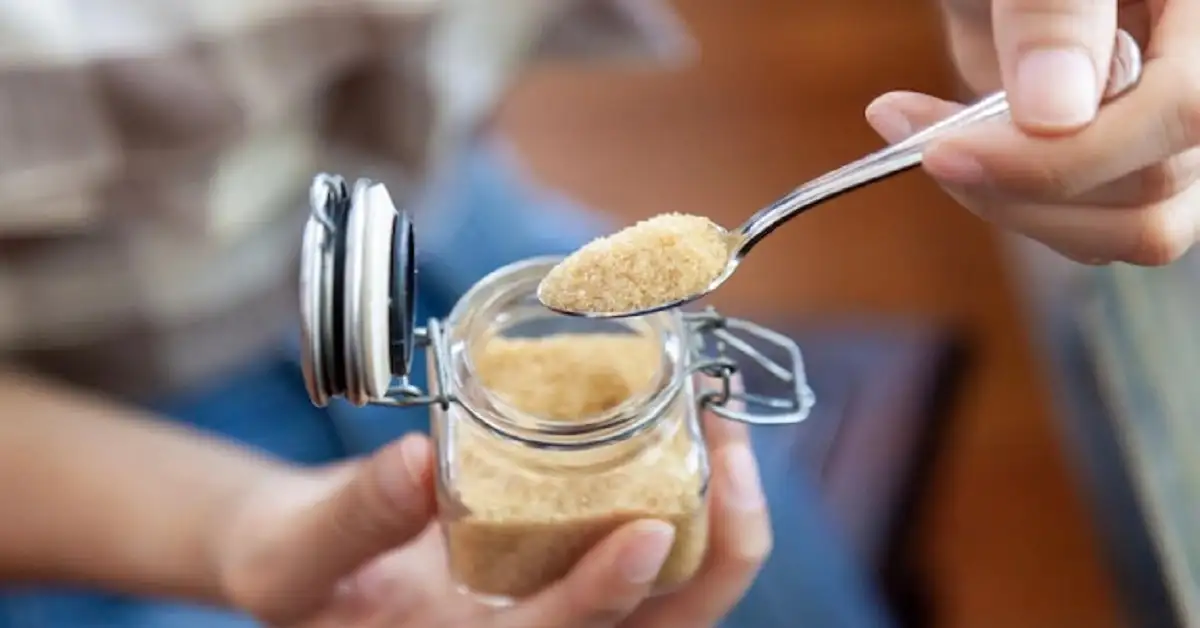In the realm of nutrition, sweeteners play a useful role in flavoring our foods and beverages. While sugar has long been the go-to option for adding sweetness, the increasing awareness of health and dietary preferences has led many to explore alternatives. Natural sweeteners are gaining popularity for their potential benefits, but understanding how to incorporate them healthily is essential. This article will guide you through the world of natural sweeteners, their uses, and tips for a balanced approach to sweetening your diet.
Understanding Natural Sweeteners
Natural sweeteners come from plants or natural sources and are often less processed than their artificial counterparts. Common examples include honey, maple syrup, agave nectar, and coconut sugar. These sweeteners can offer unique flavors and nutritional profiles that differ from refined sugar. For instance, honey contains antioxidants and has a distinct taste that can enhance various dishes. Maple syrup, rich in minerals like manganese and zinc, brings a delightful depth to recipes. Choosing these options can provide not only sweetness but also additional nutrients.
The Benefits of Natural Sweeteners
One of the primary advantages of using natural sweeteners is that they often contain trace amounts of vitamins and minerals. Unlike white sugar, which offers empty calories, these alternatives may provide some health benefits when used appropriately. Just like natural sweeteners, products like Cellsentials can support general health maintenance and well-being, providing essential nutrients to complement a balanced diet. Furthermore, many natural sweeteners have a lower glycemic index than refined sugar, meaning they can lead to a more gradual increase in blood sugar levels. This characteristic can help maintain energy levels and prevent the sugar crashes that can accompany high-sugar foods.
How to Use Natural Sweeteners in Your Diet
Incorporating natural sweeteners into your meals doesn’t have to be daunting. Start by swapping out refined sugar for a natural alternative in your favorite recipes. For instance, you can replace granulated sugar with honey in baked goods or use maple syrup as a topping for pancakes or oatmeal. Remember, natural sweeteners are often sweeter than sugar, so you may need to adjust the quantity accordingly. A good rule of thumb is to use about three-quarters of the amount of sugar called for in a recipe when substituting with honey or maple syrup.
Balancing Sweetness with Flavor
While sweeteners can enhance the taste of food, it’s important to remember that balance is key. Consider complementing natural sweeteners with spices and flavorings that can elevate your dishes without relying solely on sweetness. For example, cinnamon or vanilla can add depth to your baked goods, while citrus zest can brighten up a fruit salad. This approach not only reduces your overall sweetener intake but also promotes a more diverse flavor profile in your meals.
Mindful Consumption: Moderation is Key
Even natural sweeteners can contribute to excessive calorie intake if not used mindfully. While they may offer some benefits over refined sugar, moderation is crucial. Aim to use sweeteners as an enhancement rather than the main component of your meals. For instance, instead of drenching your yogurt in honey, try drizzling a small amount and adding fresh fruits for natural sweetness. This not only helps you enjoy the flavor but also increases the nutritional value of your dish.
Exploring Different Sweetening Options
The world of natural sweeteners is vast and varied. Exploring different options can keep your meals interesting and flavorful. Consider experimenting with stevia, a plant-based sweetener that is calorie-free and significantly sweeter than sugar. Alternatively, date syrup, made from whole dates, adds a rich flavor and is packed with nutrients. By trying various sweeteners, you can find the ones that suit your taste preferences and dietary needs.
Sweetening with Intention
Natural sweeteners can be a delightful and nutritious addition to your diet when used mindfully. Understanding their unique flavors and benefits empowers you to make informed choices. By balancing sweetness with flavor and practicing moderation, you can enjoy the pleasures of sweetening without compromising your health goals. So, whether you’re baking, cooking, or simply sweetening your tea, embrace the versatility of natural sweeteners and savor their goodness in a balanced way.
